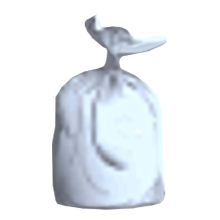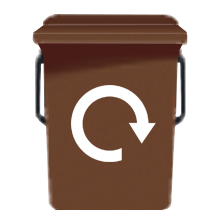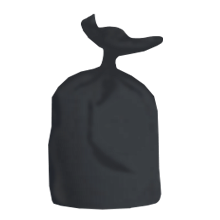International trade agreements set out the rules for buying and selling goods and services between two or more countries. They reduce restrictions on imports and exports, which can make trading easier and cheaper when they are used.
As an independent trading nation, the United Kingdom ("UK") now has numerous trade agreements in place. The Bailiwick of Guernsey ("the Bailiwick") is part of these trade agreements for the purpose of tariffs and therefore the preferential tariff arrangements contained within such agreements also apply to the Bailiwick.
If you import goods that originate in countries covered by a trade agreement you may be able to claim a preferential rate of import duty when those goods are directly imported into the Bailiwick. This means they'll be charged a lower rate of import duty or be free of import duty altogether. It is important to note that goods must be consigned directly from the country from which the goods have originated, if preferential rates are to be claimed.
At a very basic level, as an importer, if you wish to claim a preferential rate of import duty on goods that you have imported from a country covered by a trade agreement then you will need to make a claim for the preferential rate on your import declaration. In most cases you'll also need to hold proof that the goods comply with the relevant rules of origin, which is known as 'proof of origin'. You'll need to have the right proof of origin for the trade agreement applicable to the goods that you've imported. The type of proof you need depends on:
· the type of goods, and
· where they're being imported from.
This might be:
· an origin declaration,
· importers knowledge,
· an EUR1 or EUR-MED movement certificate, or
· a Generalised Scheme of Preferences form A.
For example, the Trade Agreement with the European Union ("EU") provides for an origin declaration on commercial documentation such as an invoice, or on any other document that describes the originating product in sufficient detail to enable the identification of that product (this is known as a 'Statement on Origin'). The exporter is responsible for providing the Statement on Origin but they can only do this if they know their goods meet the rules of origin requirements as set out in the UK-EU trade agreement. If the imported goods do not meet the rules of origin requirements for a preferential tariff rate (or if you cannot prove that the goods meet them) you'll need to pay the duty at the standard rate.
Your customers may also be able to claim preferential rates of import duty when they import your goods into their countries if you can prove your goods originate from within the Bailiwick. Where trade occurs with countries not covered by a trade agreement the standard tariff rates will apply.
Specific guidance on the trade arrangement with the EU, which includes information regarding the proof of origins required under that Arrangement, is available here: https://gov.gg/preferentialrates. More general information on using this, and all other trade agreements, to import or export goods is available below.
Check the Agreements
- You will first need to identify any trade preferences that you, or your customers, may benefit from to ensure the most favorable rate of import duty can be claimed. Where trade occurs with countries not covered by a trade agreement the standard tariff rates will apply.
- The UK has a Trade and Cooperation Agreement with the EU. If goods originate in the EU or UK, preferential rates of duty may be claimable when directly imported into the respective countries. This means they'll be free of import duty. To claim preferential rates of duty, products must originate in the EU or UK (as the exporting country). If goods do not meet the rules of origin requirements (or it cannot be proven that the goods meet them) import duty will still need to be paid.
- The following link provides information on the all the other trade agreements the UK has already signed with non-EU countries and the trade agreements still in discussion- GOV.UK - UK Trade Agreements with Non-EU Countries.
Check your goods meet the rules of origin
- To show that your goods have come from the originating country, the goods must meet the rules of origin criteria contained in the specific trade arrangement - Check your goods meet the rules of origin.
Proof of origin
- If your goods are covered by the agreement and meet the rules of origin, you'll need to have the right 'proof of origin' - Proof of origin













